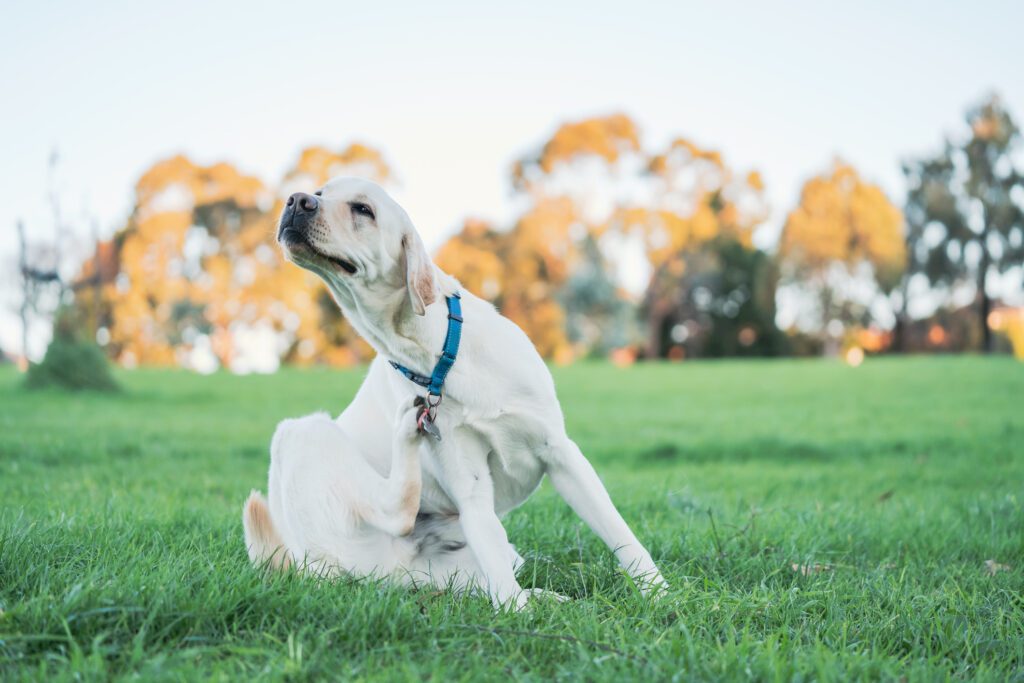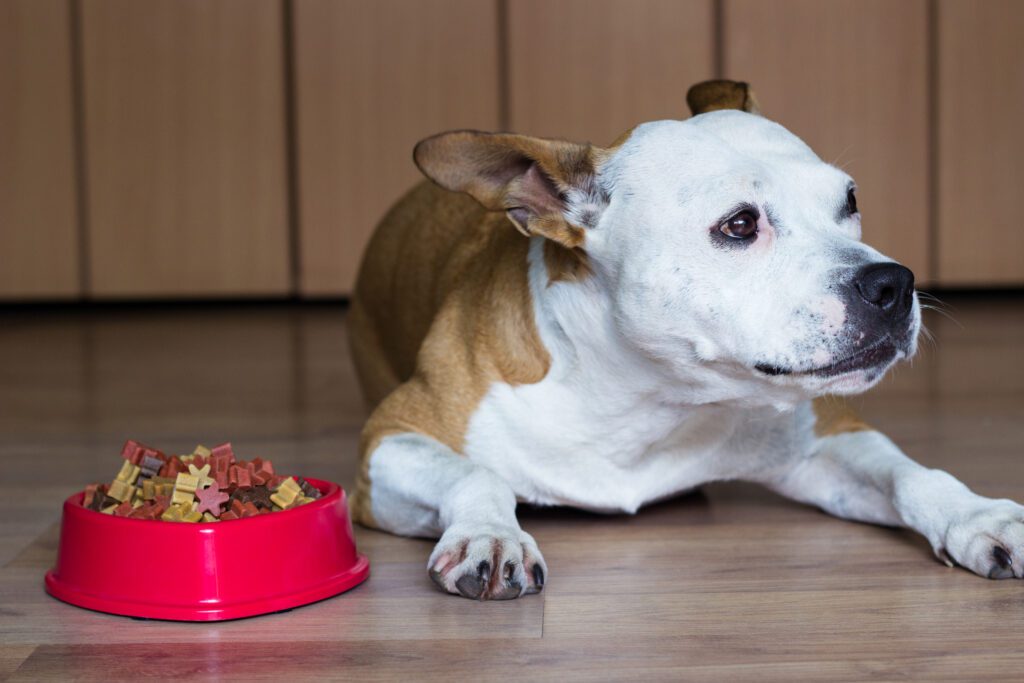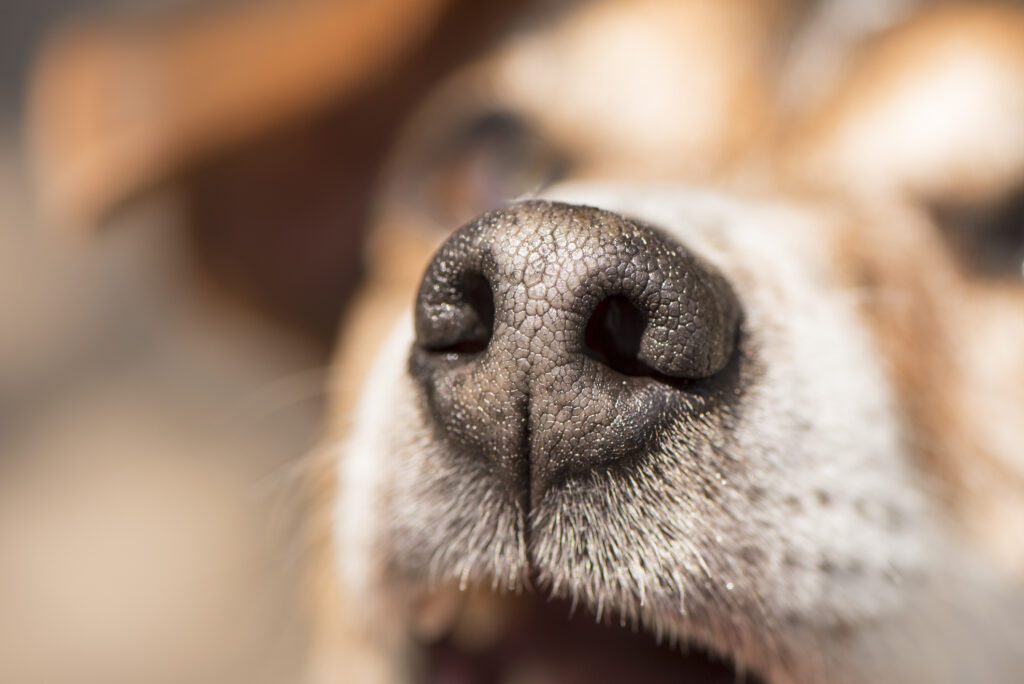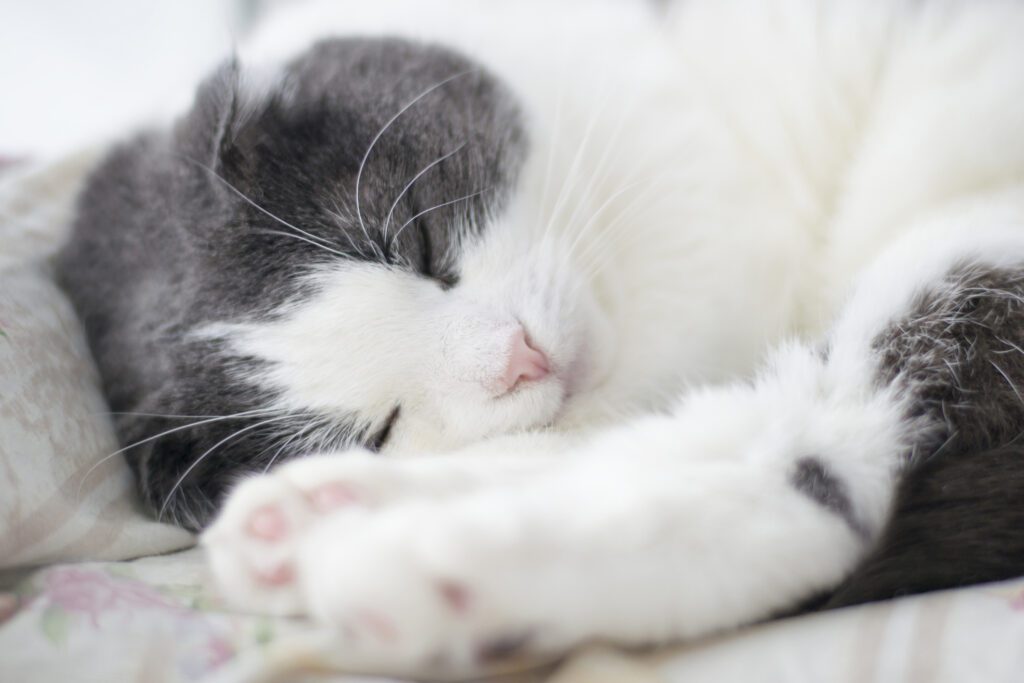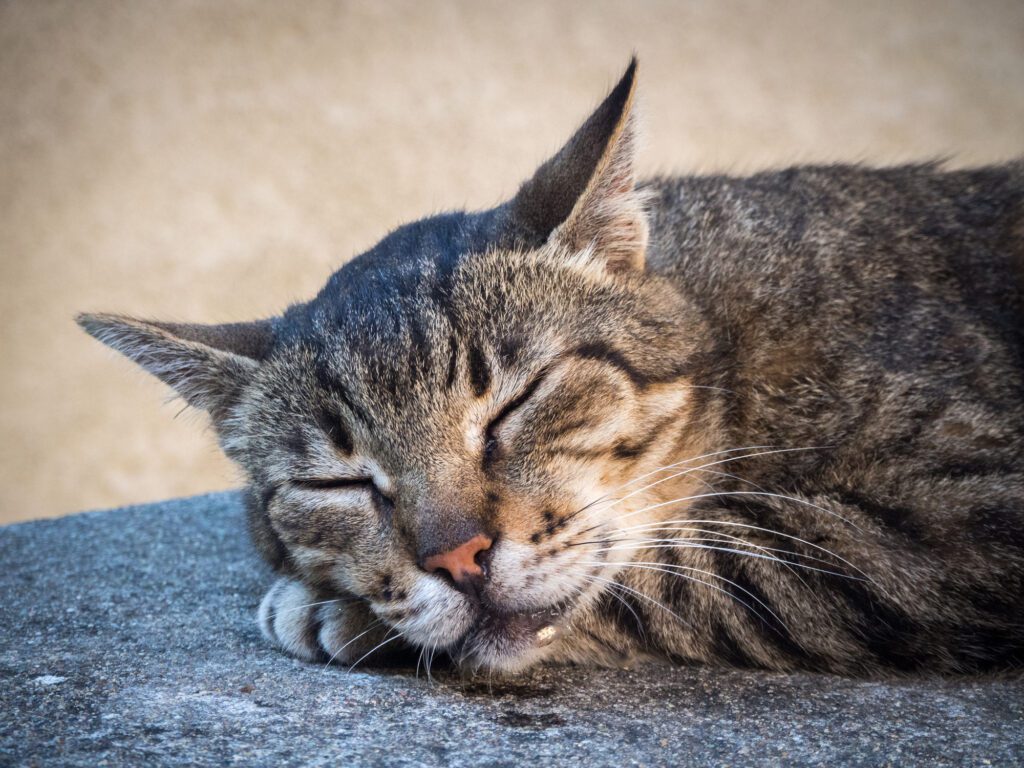Coronavirus and your pet

With coronavirus dominating the news these days, we thought it’d be a good idea to share some information about how this outbreak could affect your pet. We hear a lot about how to protect ourselves using hand sanitizer, hand-washing, and wiping down surfaces that could be contaminated. Well, many pet owners are wondering – what about my pet? Can my pet get coronavirus and can it give it to me?
Latest from the CDC:
“You should restrict contact with pets and other animals while you are sick with COVID-19, just like you would around other people. Although there have not been reports of pets or other animals becoming sick with COVID-19, it is still recommended that people sick with COVID-19 limit contact with animals until more information is known about the virus. When possible, have another member of your household care for your animals while you are sick. If you are sick with COVID-19, avoid contact with your pet, including petting, snuggling, being kissed or licked, and sharing food. If you must care for your pet or be around animals while you are sick, wash your hands before and after you interact with pets and wear a facemask.”
Summary:
While there has been one dog that tested “weak positive” for coronavirus in Hong Kong, the AFCD and the World Health Organization agree there is currently no evidence that pets can be infected with coronavirus. The dog that did test positive has currently not shown any symptoms of being sick, which is good news. The infected pet most likely contracted the virus from its owner and authorities think it’s unlikely that it would be the other way around. “Therefore, there is no justification in taking measures against companion animals which may compromise their welfare,” the Animal Health Organization said. A recent New York Times article stated that, “One dog may have a low-grade infection, but there’s no indication pets get sick or spread the virus.”
Protecting yourself and your pet
The Centers for Disease Control and Prevention states that coronavirus typically spreads between people and is often contracted in highly populated areas.
- The ideal way for any of us to protect ourselves is by practicing good hygiene and avoiding touching our faces.
- You may see people wearing masks. The general consensus is that masks are not likely to prevent you from inhaling the virus, but they are a good way to stop you from touching your nose or mouth with potentially contaminated hands.
- When possible, avoid shaking people’s hands and wash your hands often with soap and water.
- To be extra safe, wash your hands before and after handling your pet’s food.
- It has also been recommended by the AFCD to avoid kisses from your pet, which is obviously terrible news for all of us that are pet-obsessed.
Hopefully that helps “clear the air” for you and your pet! If you have any questions, always feel free to reach out to your veterinarian for advice.
Recent Posts
How Dog Skin Infections Can Cause Your Pet to Be Itchy
We all know that look of discomfort on our furry friend’s face when they can’t stop scratching….
10 Signs That Your Dog Has Food Allergies
You know your fur baby better than anyone else. You notice when they’re wagging their tail more…
Is it Normal for My Dog to Have a Dry Nose?
So, you’ve noticed that your dog’s nose is a bit on the dry side, and now you’re…
Cat Wheezing: Causes and Treatment Options
We know that when your feline friend starts wheezing, it’s easy to get concerned. After all, our…
When Cat Drooling is Normal and When it is Not
If you’re here, chances are you’ve noticed your feline friend drooling a bit more than usual. Maybe…
About Us
Heart + Paw was founded in 2018 by Chief Veterinary Officer Dr. George Melillo, who currently serves the Mid-Atlantic area. Heart + Paw offers a combination of veterinary care, pet grooming, and dog daycare to help be a resource in your pet parenthood journey.
We'd Love to Meet Your Four-Legged Friends
Find out how the friendly veterinary team at your local Heart + Paw can help your pets live longer, healthier lives by searching for a location near you.

